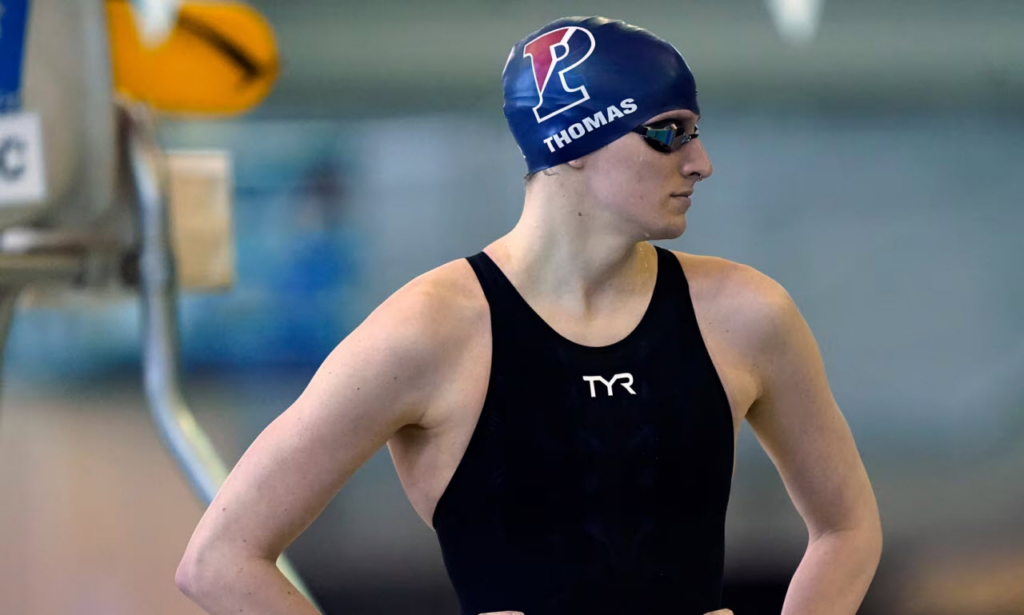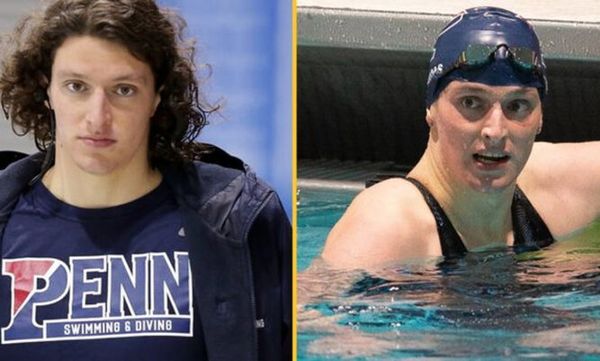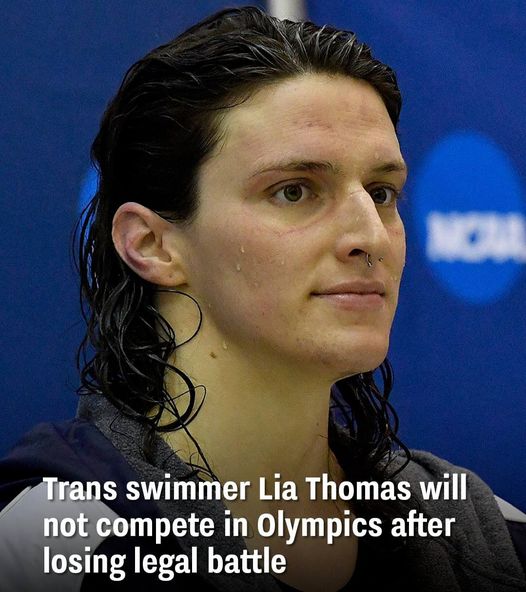There has been a significant debate surrounding transgender individuals in professional sports. Opinions on the matter vary, and discussions can become quite heated. Yet, ultimately, there is always a final decision.
In the latest turn of events, Lia Thomas, a transgender swimmer, sought to participate in the Olympic swimming team. However, the authorities ruled that she was officially disqualified from competing in the Olympics. Unwilling to accept this outcome, she decided to challenge the ruling in court.
Unfortunately, Lia Thomas was unsuccessful in her legal battle to qualify for the Olympics, as the judges dismissed her attempt. In other words, she will not be able to compete in the Olympics after losing the battle.

Back in 2022, all eyes were on Lia Thomas as she became the first transgender athlete to win an NCAA Division I national championship. She secured victory in the women’s 500-yard freestyle event that year.
The World Aquatics later introduced a ban on anyone who had undergone male puberty from competing in races that involve women. It’s important to note that Lia Thomas had started hormone replacement therapy in 2019.

This new rule was implemented after Lia Thomas had already won the gold medal, surpassing the silver medalist Emma Weyant.
The regulations that were unveiled later in the year, and updated as of January 1, 2024, provide detailed eligibility requirements for the women’s category. According to section 5.5.2, transgender women athletes are permitted to compete as long as they can prove to the satisfaction of World Aquatics that they have not experienced any part of male puberty beyond Tanner Stage 2 or before the age of 12, whichever is later.
The rule further states, “Specifically, the athlete must produce evidence establishing that they have complete androgen insensitivity and therefore could not experience male puberty. Alternatively, they are androgen-sensitive but had male puberty suppressed beginning at Tanner Stage 2 or before the age of 12, whichever is later, and have continuously maintained their testosterone levels below 2.5 nmol/L.”
The panel ultimately concluded that Lia Thomas “lacks standing to challenge the policy and the operational requirements in the framework of the present proceeding.”
In response to the decision, she stated, “The CAS decision is deeply disappointing. Blanket bans preventing trans women from competing are discriminatory and deprive us of valuable athletic opportunities that are central to our identities.”
“The CAS decision should be seen as a call to action for all trans women athletes to continue fighting for our dignity and human rights. I’m sure that we have not heard the last of this issue.”

